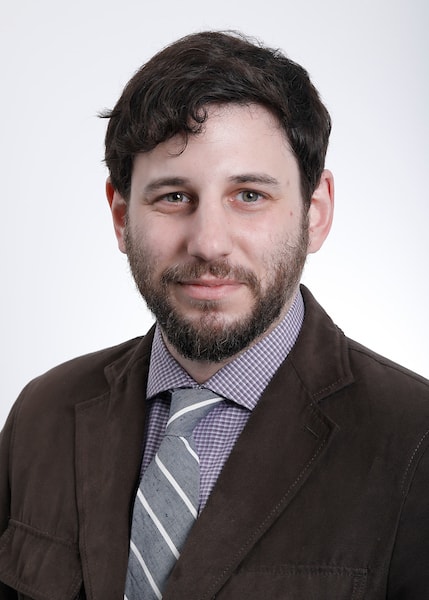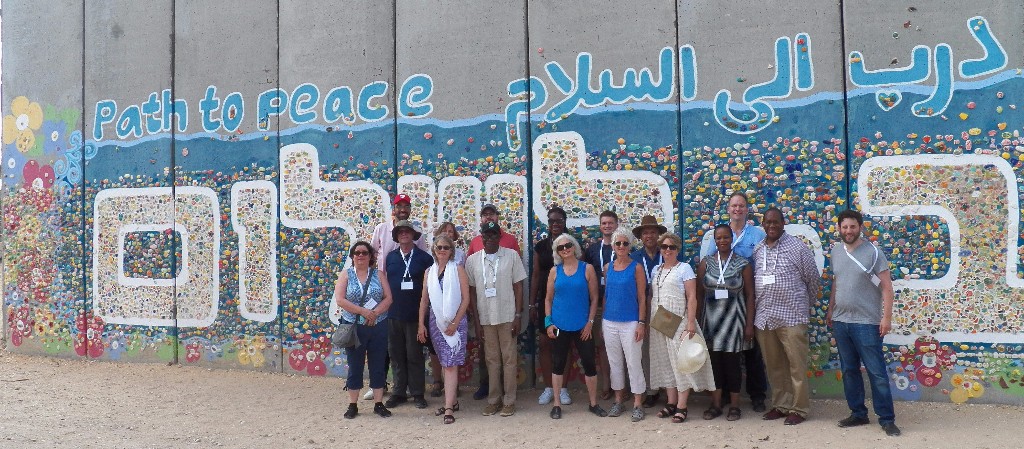
Today, at a time when we’re desperately seeking glimmers of hope, and the possibility of a peaceful future, we’re bringing you on a virtual visit with a few special Israeli and Palestinian friends, part of the Boston Partners for Peace community in this blogpost by Eli Cohn-Postell, JCRC Director of Israel Engagement:
This was an excruciating week. We at JCRC have been heartbroken watching events in Israel, and we mourn the loss of innocent life. We stand by the people of Israel as they are terrorized by rockets launched by Hamas in the Gaza Strip. Many of us have not been able to travel to Israel during the pandemic, and we long to be closer to our friends and family during frightening times. While we cannot be there in person, it is all the more critical to take our cues from those most affected during times of crisis. We spent this week listening to our Israeli and Palestinian partners, re-engaging with their stories and our memories of being together.
Whenever rockets are fired from Gaza I immediately think of Netiv Ha’asarah. Netiv Ha’asarah is a Moshav just to the north of Gaza, even closer to the Strip than Ashkelon or Sderot. They were in the news this week, as Hamas rockets target the area and, tragically, because an IDF soldier was killed there on Wednesday. We visit Netiv Ha’asarah with our JCRC Study Tour groups, and we often meet with residents in a bomb shelter located underneath a playground. There, we usually speak with Raz or his mother, Smadar, who show us what is left of a Qassam rocket and a piece of an Iron Dome missile that landed in the village. They proudly share the history of the community, along with the sense of vulnerability they feel on a regular basis.
But the residents of Netiv Ha’asarah also recognize the vulnerability of the Palestinians living nearby. Many of the Jews living there had relationships with the Palestinians in Gaza before Israel’s 2005 withdrawal and Hamas’ subsequent violent takeover. Some have even started a collective art project, using walls meant to defend against sniper fire as a canvas for a tile mosaic that sends a message of peace to the people in Gaza.
This week I am also thinking of our tour guides and their families. One of our guides, Yishay, posts a photograph every day on social media. Earlier this week he posted about preparing the bomb shelter in his Jerusalem home so that he and his family would be safe from the rockets. I am thinking of our guide Mike, who always brings complexity and helps me to see the gray areas. When I reached out to him, he told me a story about going to get an X-ray recently with a Muslim religious X-ray technician. He wished her a Ramadan Kareem, and he learned that she commutes to Modi’in from her home in Umm-al-Fahm, where she is also studying (via Zoom) at the American University in Ramallah. The reality is so much more complex than we can see from here.
And, of course, we are looking to the peacebuilding community and our Boston Partners for Peace partners. Unsurprisingly, they have been quick to call for an end to the violence and are mobilizing where possible. I was particularly inspired by Roots, a group of Israelis and Palestinians in the West Bank. They held a joint fast and moment of prayer, and these communities and organizations continue to do the critical work of bringing people together, even during this fraught moment, despite their differences. Just yesterday, thousands of Jewish and Arabs citizens came together in cities all over the country to call for a cease fire and an end to violence.
There is no doubt that the current violence is a stress on the grassroots peacebuilding community. Violence perpetrated in the streets of mixed Arab-Jewish cities has been deplorable, and has been rightly condemned by both Arab and Jewish politicians. Some have wondered whether the fighting could have long-term impacts on co-existence efforts. But I know that the peacebuilders will remain steadfast. There has never been a question about whether this movement will be extinguished, the challenge has always been for these organizations to grow and spread their message of hope to more people. I am confident that they will continue to work for peace, and we will continue to support their efforts.
During such a challenging time, it is crucial for us to also share our hopes. I am hoping for a swift end to the violence in Israel. I am hoping that we can return soon to see our friends. I am hoping that people can feel safe in their homes. I am hoping that this can be a transformative moment, and a moment of growth for movements working toward mutual recognition and dignity for all people.
Shabbat Shalom,
Eli
Eli Cohn-PostellDirector of Israel Engagement


